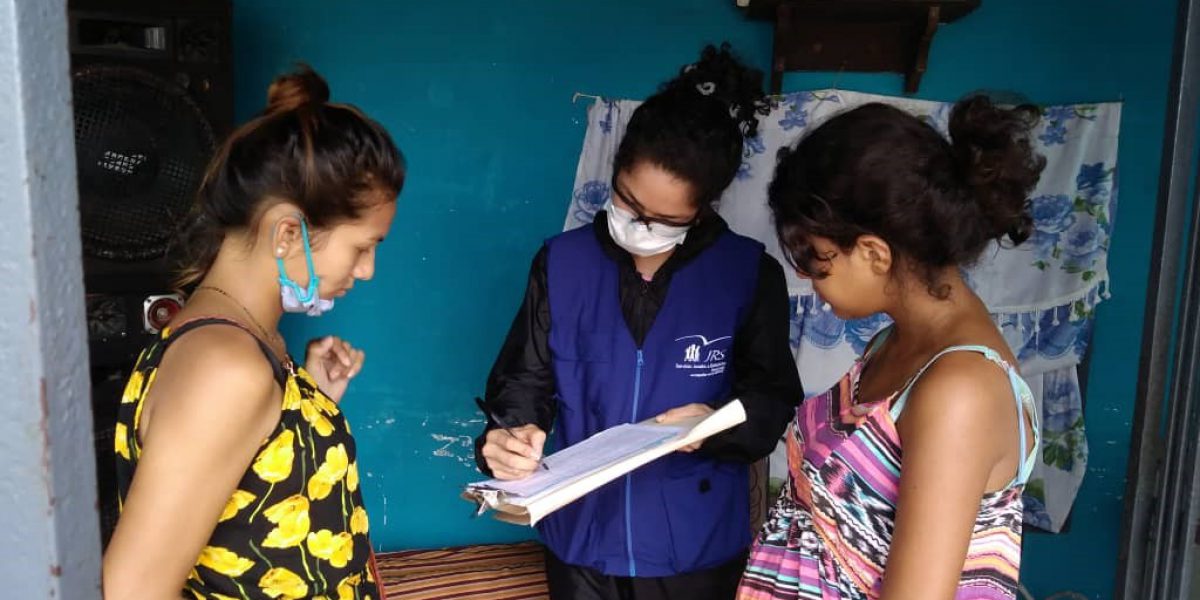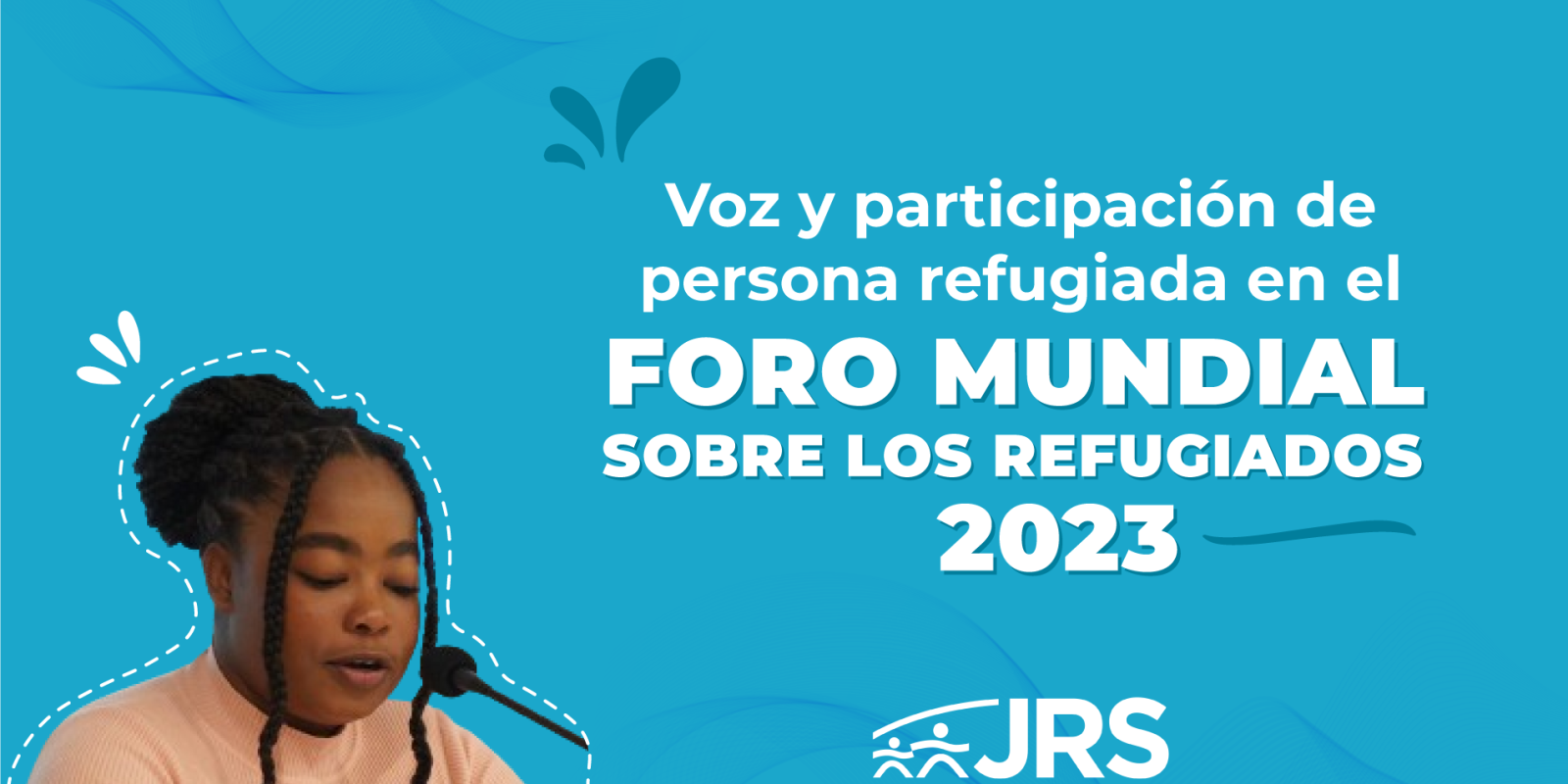Servicio Jesuita a Refugiados llama a la equidad en la distribución de vacunas
15 febrero 2026

El Servicio Jesuita a Refugiados (JRS por sus siglas en inglés) hace un llamado a los líderes mundiales para garantizar que los esfuerzos de vacunación contra el COVID19 prioricen a todos los países por igual, e incluyan a los refugiados y otras personas desplazadas por la fuerza en los planes de vacunación de cada país.
*Próximamente estará disponible la versión en español
__________________________________________________________________________
The Jesuit Refugee Service (JRS) calls on global leaders to ensure that COVID vaccine efforts prioritize all countries equally, and include refugees and other forcibly displaced people in each country’s vaccine distribution plans.
“JRS accompanies forcibly displaced people in 56 countries across six continents, and our presence highlights the moral and ethical obligation to ensure that refugees are safe and protected from the virus,” said Fr. Thomas H Smolich, S.J, Jesuit Refugee Service International Director. “Equal access to vaccinations is necessary to ensure public health for all in society. We cannot heal and move forward until all of us, including forcibly displaced people, are vaccinated.”
The dignity of each human person must be the guiding principle for global and national vaccination efforts. Pope Francis has called upon government leaders, business, and international organizations to foster “cooperation and not competition, and to seek a solution for everyone” rather than “letting the law of the marketplace and patents take precedence over the law of love and the health of humanity.” The Holy Father has pointedly insisted on the need for “vaccines for all, especially…the most vulnerable and needy of all regions.”
His argument has not fallen on deaf ears. The World Health Organization is encouraging equitable vaccine distribution through the COVID-19 Vaccines Global Access (COVAX) initiative, which includes special provisions for refugees. JRS supports efforts to temporarily suspend intellectual and patent rights for COVID-19 vaccines, allowing more rapid and cost-effective vaccine production in the developing world itself.
With the large majority of all forcibly displaced people living in the developing world, JRS particularly supports non-discriminatory policies that include refugees and displaced people in vaccine distribution and education efforts in these countries. While Angola, Colombia and South Africa are making plans that exclude or severely restrict the access of refugees to vaccination, Jordan has made a commitment that anyone on Jordanian soil can register and will receive the vaccine free of charge. Yet access is not always enough. Many forcibly displaced people live without legal status, and their fears of being detained and deported through participation in vaccination programs must be addressed.
The pandemic has brought great challenges for displaced people around the world. Refugee girls and women confined to their homes face heightened risks of gender-based violence, access to school for refugee children has been limited, employment and economic opportunities have been stunted, and the global economic recession has caused food shortages in refugee camps and poor communities. We will continue to accompany refugees and work with regional partner organizations to provide support where needed. JRS calls on all decision-makers to address the needs of everyone within and beyond their borders, including those who have been forcibly displaced. As Fr. Smolich stated, “The vaccine brings hope to end the pandemic’s suffering, and JRS affirms that everyone is entitled to share in that hope.”



